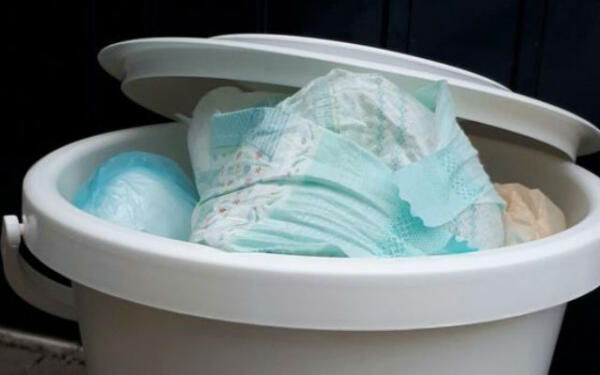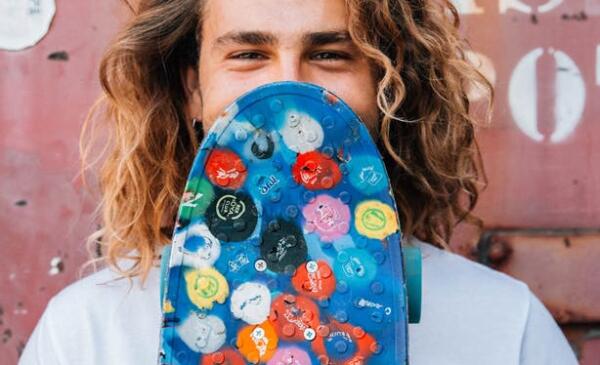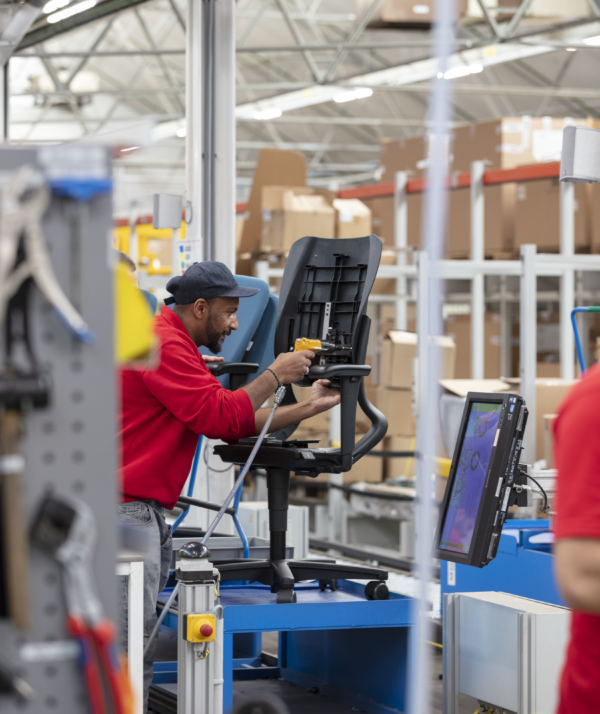Veolia – Wijzonol paint buckets
The Wijzonol paint buckets are made from 100% Post Consumer Recyclates (PCR), which means there is no use of virgin plastic as material, and therefore no oil is used in the process. Instead PCR is made from using post-consumer waste which is collected by Veolia and then recycled. As a result there is no depletion of raw materials.
After being used, a small residue of paint is left within the bucket. Therefore the buckets are classified as chemical waste and used for thermal recycling. However, if the bucket would be free of any paint residue it could be recycled over and over again.
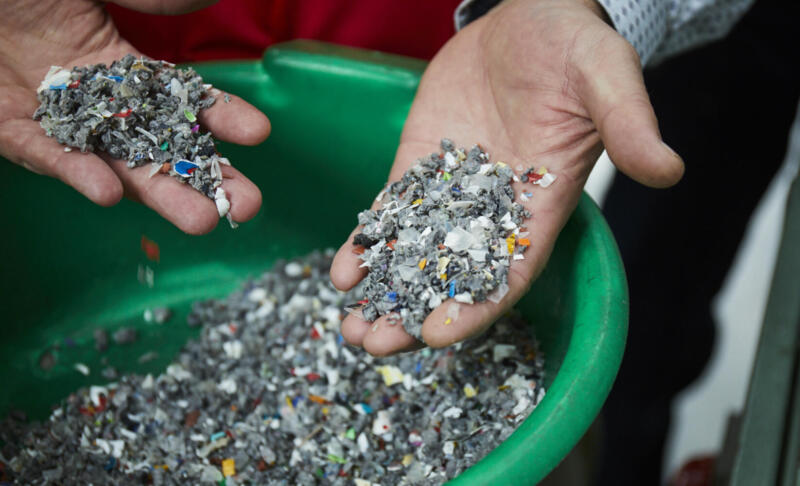
For every kilogram of produced recycled polypropylene plastic, 9x less energy was needed and 9x less CO2 was released.
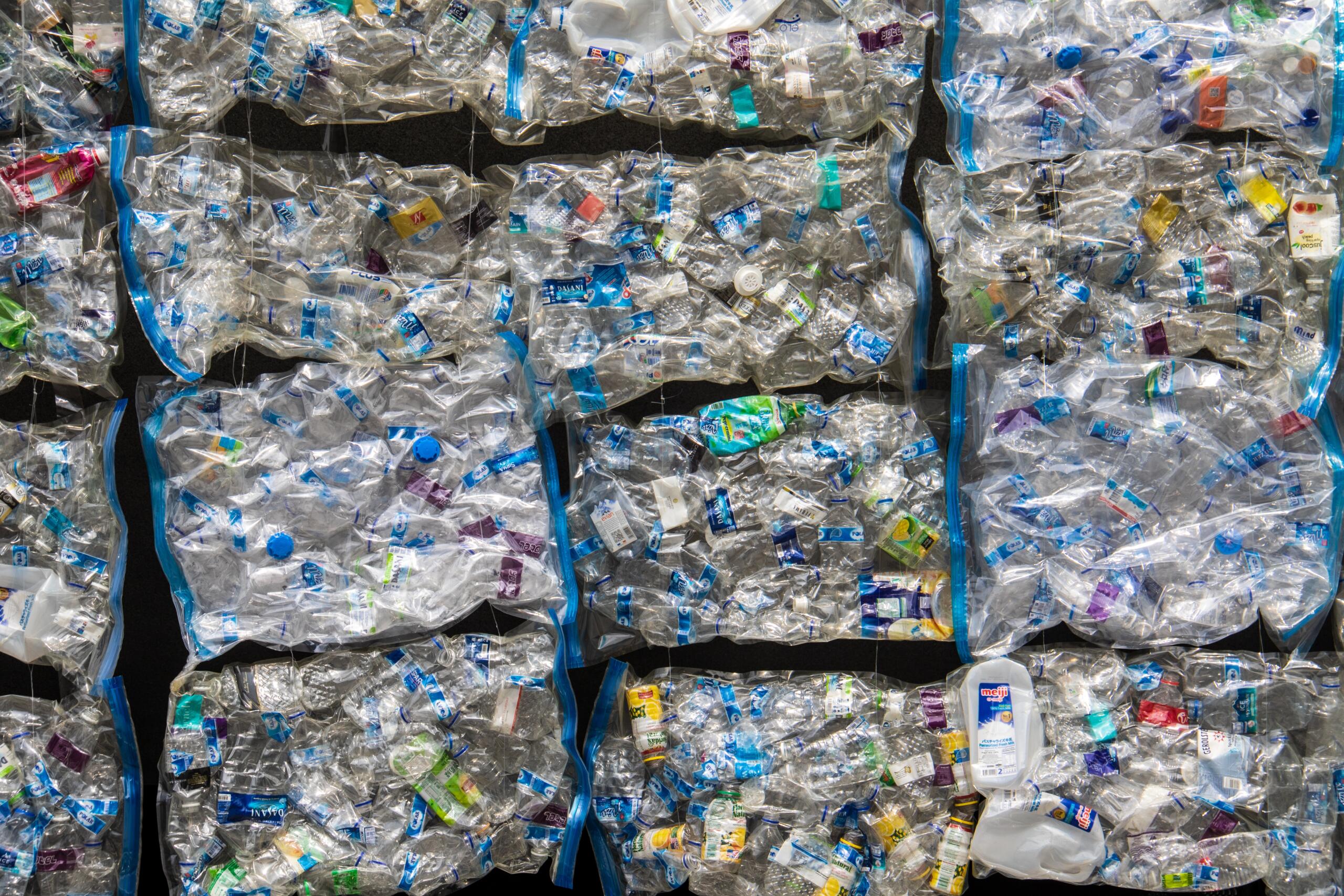
An opportunity for the paint industry to switch from virgin plastic to PCR buckets
This collaboration started from observing the plastic soup and realising that materials don’t auto-disintegrate. Veolia delivers the recyclates to Dijkstra Plastics who processes those into PCR buckets for Koninklijke van Wijhe Verf (Wijzonol being a brand of Koninklijke van Wijhe Verf).
Traditionally, paint producers like to stick to a white bucket. However, recyclers have no control over the colour of the waste received, which usually comes into a wide variety of shades. It is therefore impossible to deliver a bucket as white as snow. All relevant and necessary information usually present on the white bucket are replicated on a coloured bucket.
As more industries are moving towards a circular economy, more opportunities will arise. Circular production is not new: paper, cardboard and glass have been recycled for years. The demand is there, now the technology needs to advance. A perfectly white bucket might be able to be created in the near future but in the meantime, the focus is made on quality.
Similar circular production could be applied to any international paint industry, to switch from virgin plastic to PCR buckets.
According to 2017 figures, for every kilogram of produced recycled polypropylene plastic (rPP), 9x less energy was needed and 9x less CO2 was released. On top of that, for every kilogram of rPP produced one kilogram of virgin plastic is made redundant. With a forecast production of 12 billion buckets globally by 2023, shifting from the use of virgin plastic to using rPP could make a real difference.

